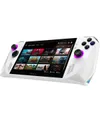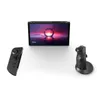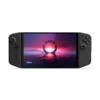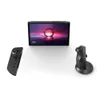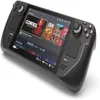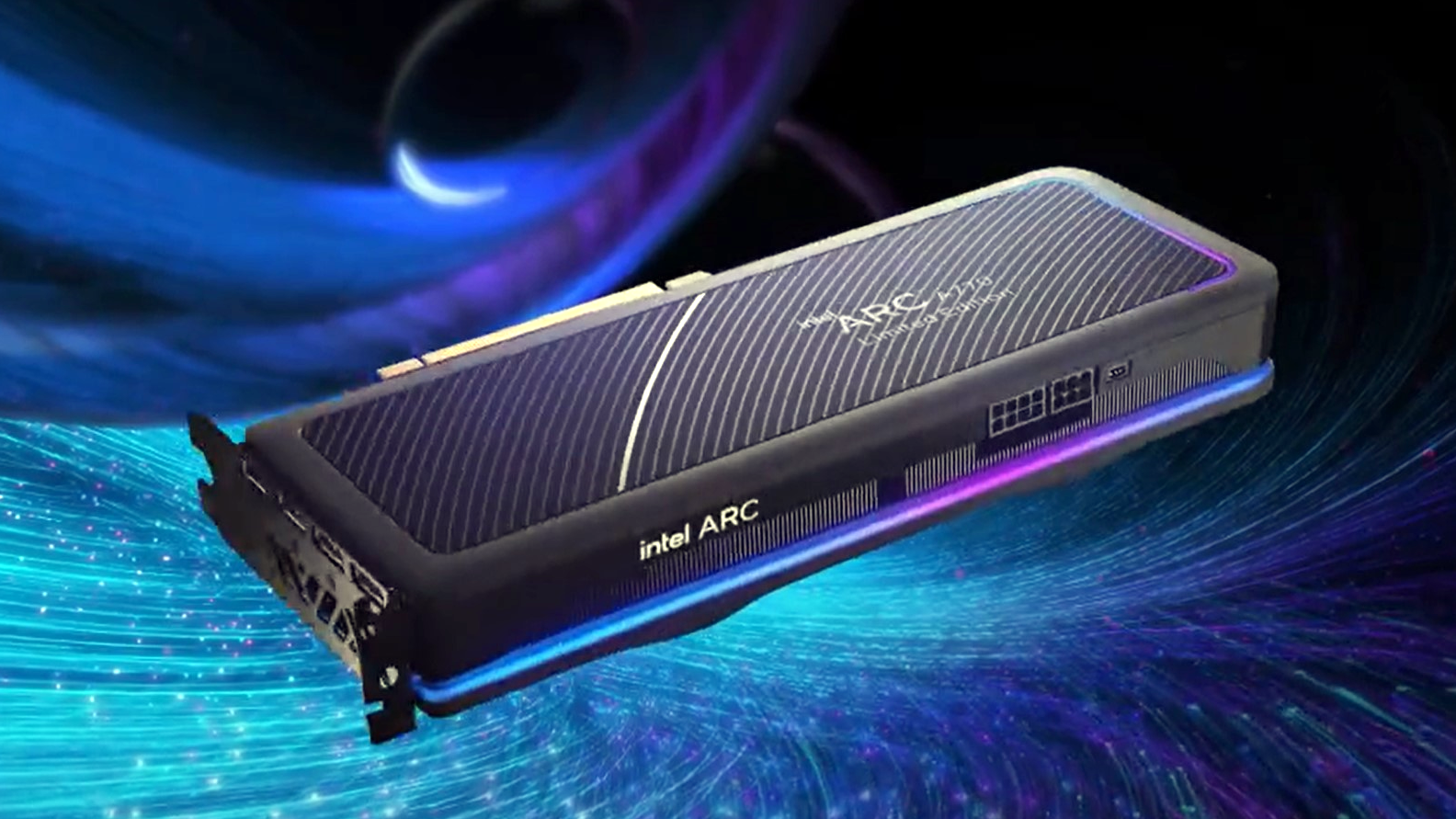Nintendo Switch 2’s rumored ‘upgrade’ could actually make it worse — here’s why I’m worried
The rumored handheld hybrid could get a big battery life boost. But at a potential cost
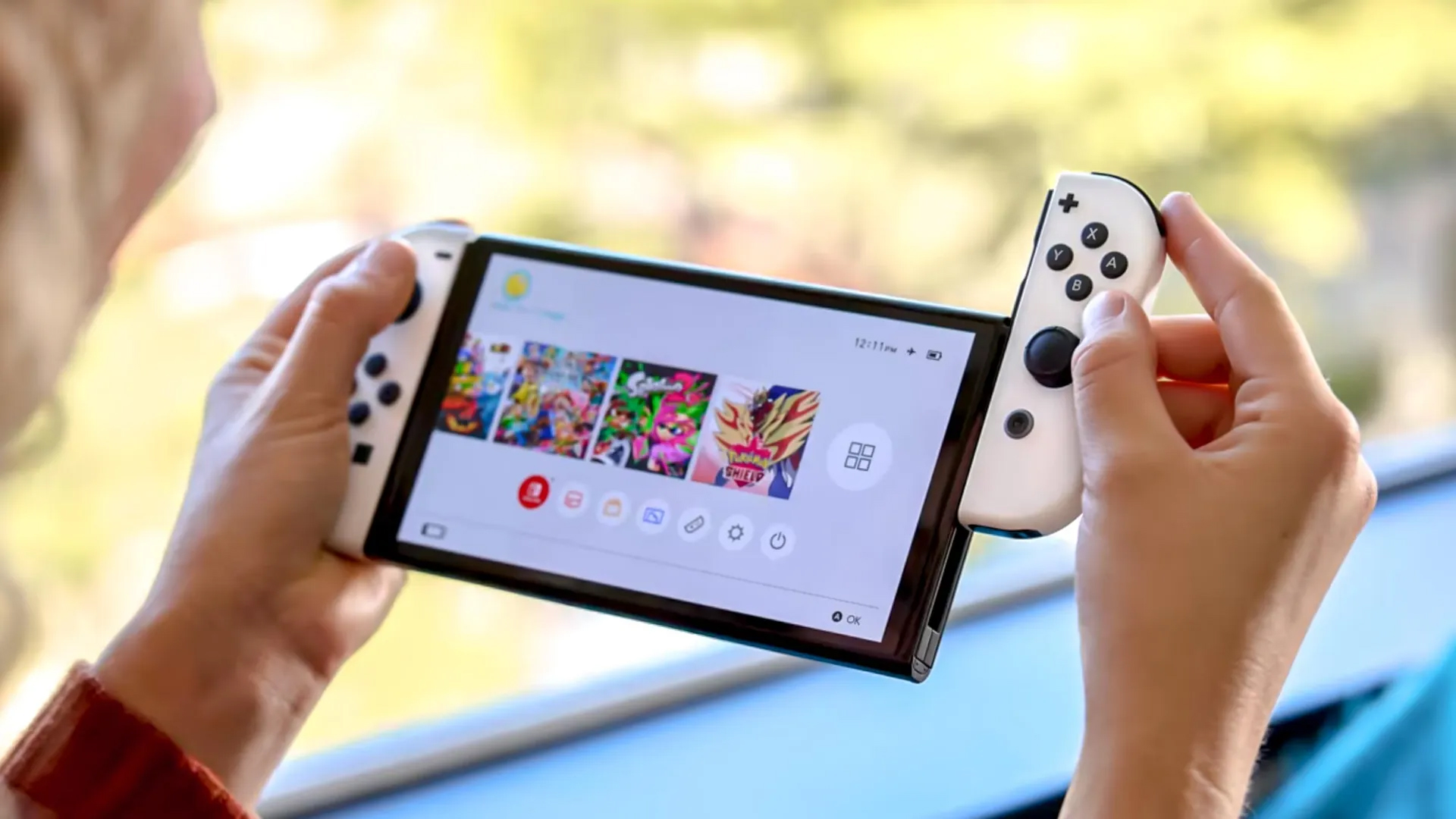
Brace yourself for some potentially great Nintendo Switch news or a potentially disastrous update regarding the long-rumored machine. It really just depends on how half-empty or half-full that glass of water next to your bed was when you woke up this morning.
Accorded to Moore’s Law is Dead, Nintendo’s yet to be announced console will be “clocked crazy low” when playing in the hybrid machine's Handheld mode (thanks, IGN). The video below should immediately skip you forward to the latest Switch scuttlebutt.
The key takeaways if you don’t have time to watch the video? MLiD says Nintendo fans should expect the rumored system to be “clocked faster than we expected” in Docked mode, though as I just previously mentioned, it looks like the Switch successor could run a whole lot slower once you take it out of its dock.
The notion that Nintendo is going to purposely underclock the Switch 2 when it’s operating in Handheld mode comes down to battery life, according to the video above. By lowering clock speeds when the device is undocked, this could potentially lead to significantly better battery life and lower fan speeds, the former of which is incredibly important when discussing the best handheld gaming consoles ever made.
During our initial testing as part of our Nintendo Switch review, we discovered the launch model’s battery could only last between 2.5 and 6.5 hours depending on how bright the handheld hybrid’s IPS screen was and how demanding certain games were.
At least the Nintendo Switch OLED had more gas in the tank during our tests, where you can play titles on a full charge between 4.5 to 9 hours. As an example, we managed to play the superb Metroid Dread for a full five hours before the updated model ran out of juice.
My main worry with underclocking the Switch 2 when it’s being in used in Handheld mode is that game performance could plummet. CPU performance on the OG Switch has been a limiting factor ever since the console launched back in 2017, so I have all my digits crossed that The Big N gets this balancing act right.
A ray of hope
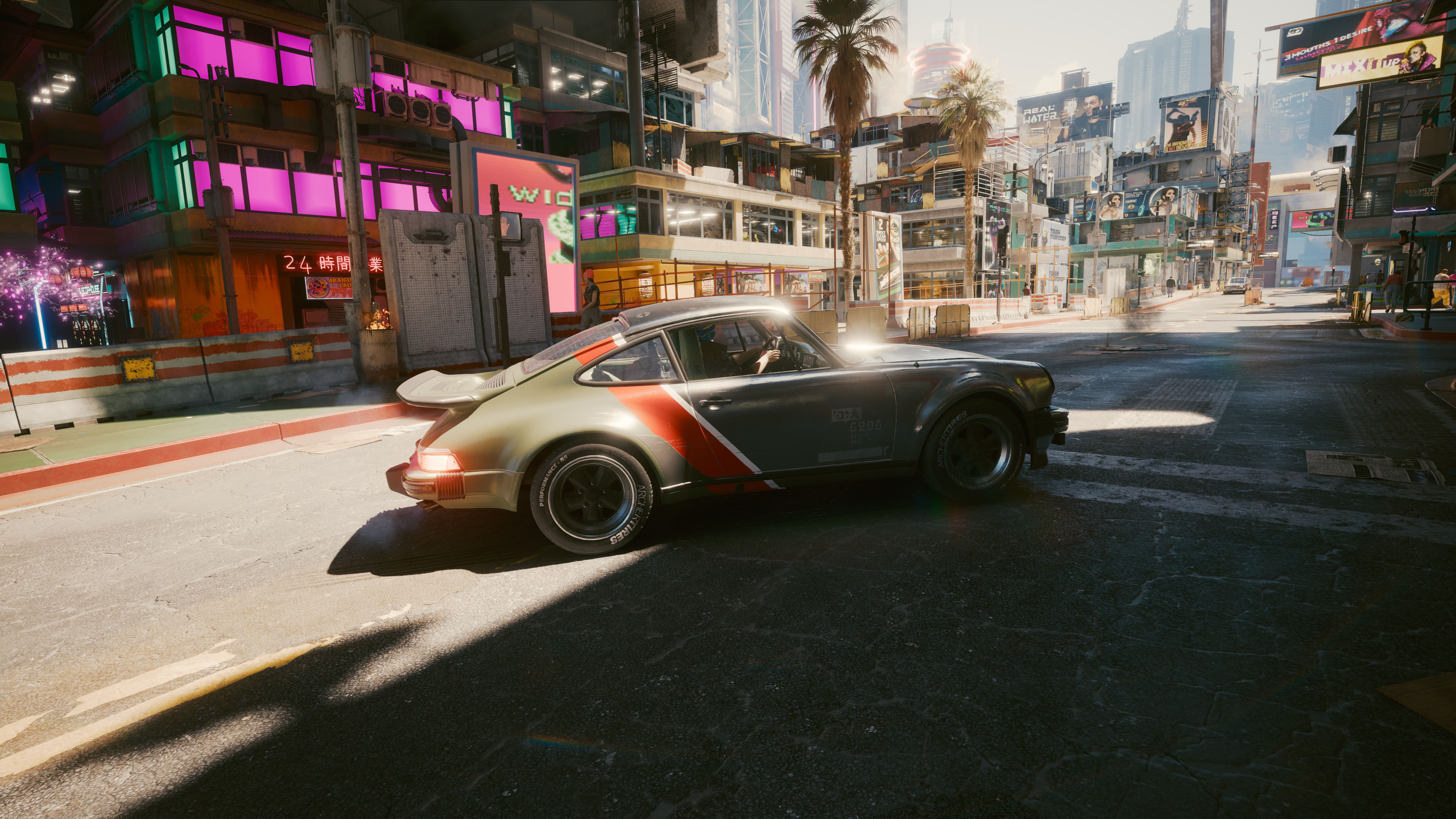
The other major takeaway from the show is that Moore’s Law and fellow content creator The Phawx on their “The Broken Silicon” pod predict that the Nintendo Switch 2 could have enough grunt to produce ray-tracing performance on par with Xbox Series S.
It’s been rumored for all the months that Nvidia is going to provide the Accelerated Processing Unit (APU) for the Big N’s alleged follow-up console. What’s an APU, you ask? It essentially places a CPU and integrated graphics onto a single die, and it's the space-saving solution most consoles use instead of housing dedicated GPUs. Take this from a guy who owns an Nvidia RTX 4090 GPU that’s taller than his Xbox Series X.
If that ray-tracing rumor is on the money, who better to be building your kit than Nvidia. The prospect of the original Nintendo Switch having games with RT lighting is about as fanciful as Man successfully landing on Mars (and a very drunk one at that). Yet with Team Green’s fps-boosting super sampling DLSS 3 features, the Switch 2 may just have enough AI smarts under its hood to pull off ray-tracing.
DLSS may also hold the answers to keeping performance and image quality acceptable in Handheld mode if these latest Switch 2 clocking stories prove true.
More from Tom's Guide
- I desperately want a Nintendo Switch 2 OLED — here's why it won't happen
- Nintendo Switch 2 may not launch in 2024 after all
- I’m choosing the Nintendo Switch 2 over PS5 Pro — here’s why
Sign up to get the BEST of Tom's Guide direct to your inbox.
Get instant access to breaking news, the hottest reviews, great deals and helpful tips.

Dave is a computing editor at Tom’s Guide and covers everything from cutting edge laptops to ultrawide monitors. When he’s not worrying about dead pixels, Dave enjoys regularly rebuilding his PC for absolutely no reason at all. In a previous life, he worked as a video game journalist for 15 years, with bylines across GamesRadar+, PC Gamer and TechRadar. Despite owning a graphics card that costs roughly the same as your average used car, he still enjoys gaming on the go and is regularly glued to his Switch. Away from tech, most of Dave’s time is taken up by walking his husky, buying new TVs at an embarrassing rate and obsessing over his beloved Arsenal.


